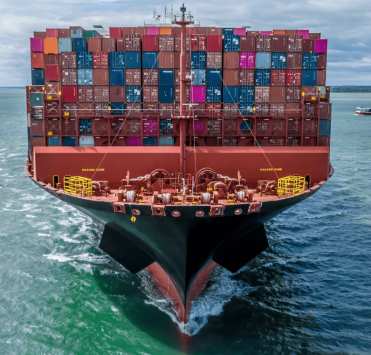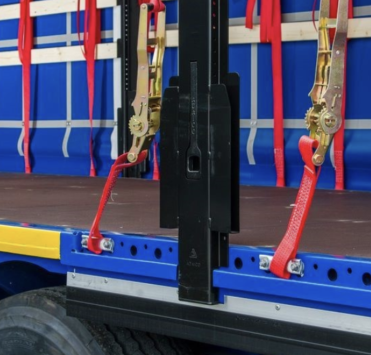Production Logistics: Goals and Objectives

03 September
In production logistics, the primary focus is on managing material and information flows at all stages of the production process. Effective production logistics not only optimizes costs but also enhances the overall efficiency of the enterprise.
Main Goals of Production Logistics
- Cost Optimization
Production logistics is aimed at reducing costs related to raw materials, transportation, and storage. This is achieved by selecting optimal suppliers and delivery routes, which significantly reduces expenses. - Improving Efficiency
The efficiency of production processes is a key goal. Production logistics involves optimizing workflows and implementing automation, which contributes to increased labor productivity. - Ensuring Quality
Quality control at all stages of the logistics process—from raw material procurement to finished products—is extremely important. This requires systematic inspections and testing. - Production Flexibility
Successful enterprises must be able to quickly adapt to changes in demand. Production logistics helps organize flexible production processes, allowing for rapid responses to new market conditions. - Timely Deliveries
Ensuring timely deliveries of raw materials and components is the most important task of production logistics. Effective planning and management of delivery schedules help avoid production delays.
Our services on the topic of the article:
Main Tasks of Production Logistics
- Planning Material Flows
Effective planning includes developing supply and distribution schemes for materials. This requires analyzing current and future resource needs. - Inventory Management
Optimizing inventory levels helps avoid surplus or shortage of goods. The use of Just-in-Time (JIT) systems can significantly improve inventory management. - Transportation
Selecting optimal routes and transportation means for delivering materials is a key task. It is necessary to consider not only cost but also delivery times. - Storage
Organizing effective warehouse accounting and storage of materials helps improve inventory management and reduce costs. - Monitoring and Control
Continuous monitoring of material flows and the execution of production plans allows for early detection of problems and taking necessary measures.
In production logistics, attention to detail and processes is the foundation for the successful functioning of an enterprise. Cost optimization, improving efficiency, and ensuring quality help companies achieve competitive advantages. The implementation of modern technologies and process automation in logistics allows enterprises to effectively respond to market changes and meet customer needs.









